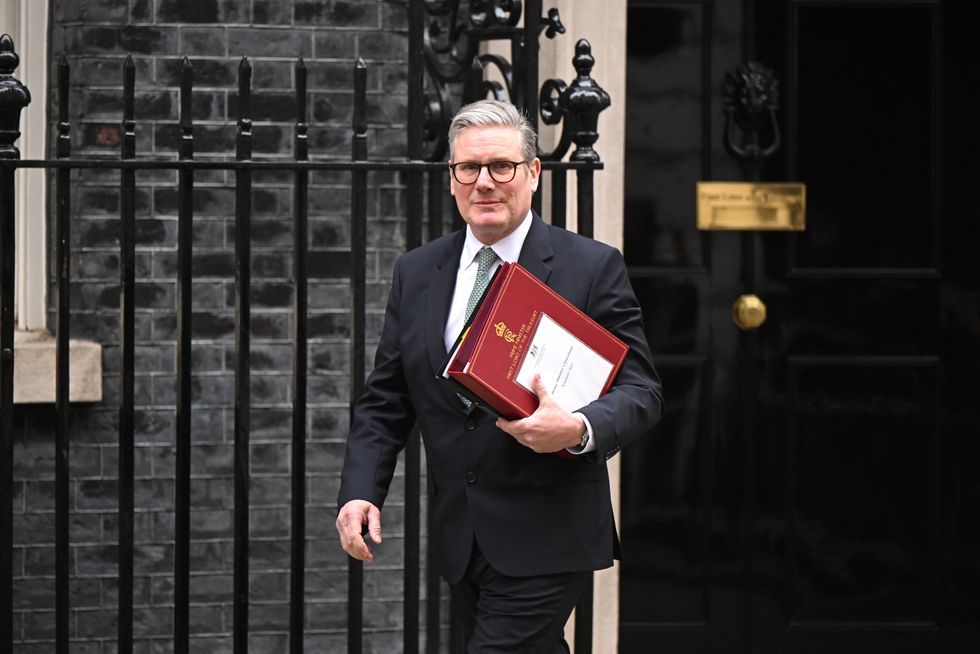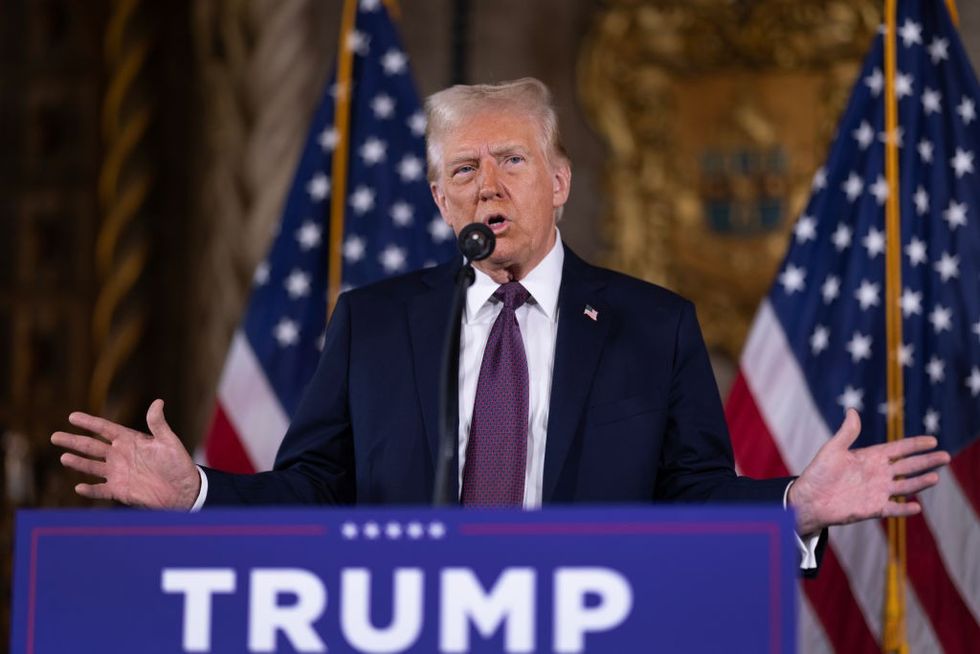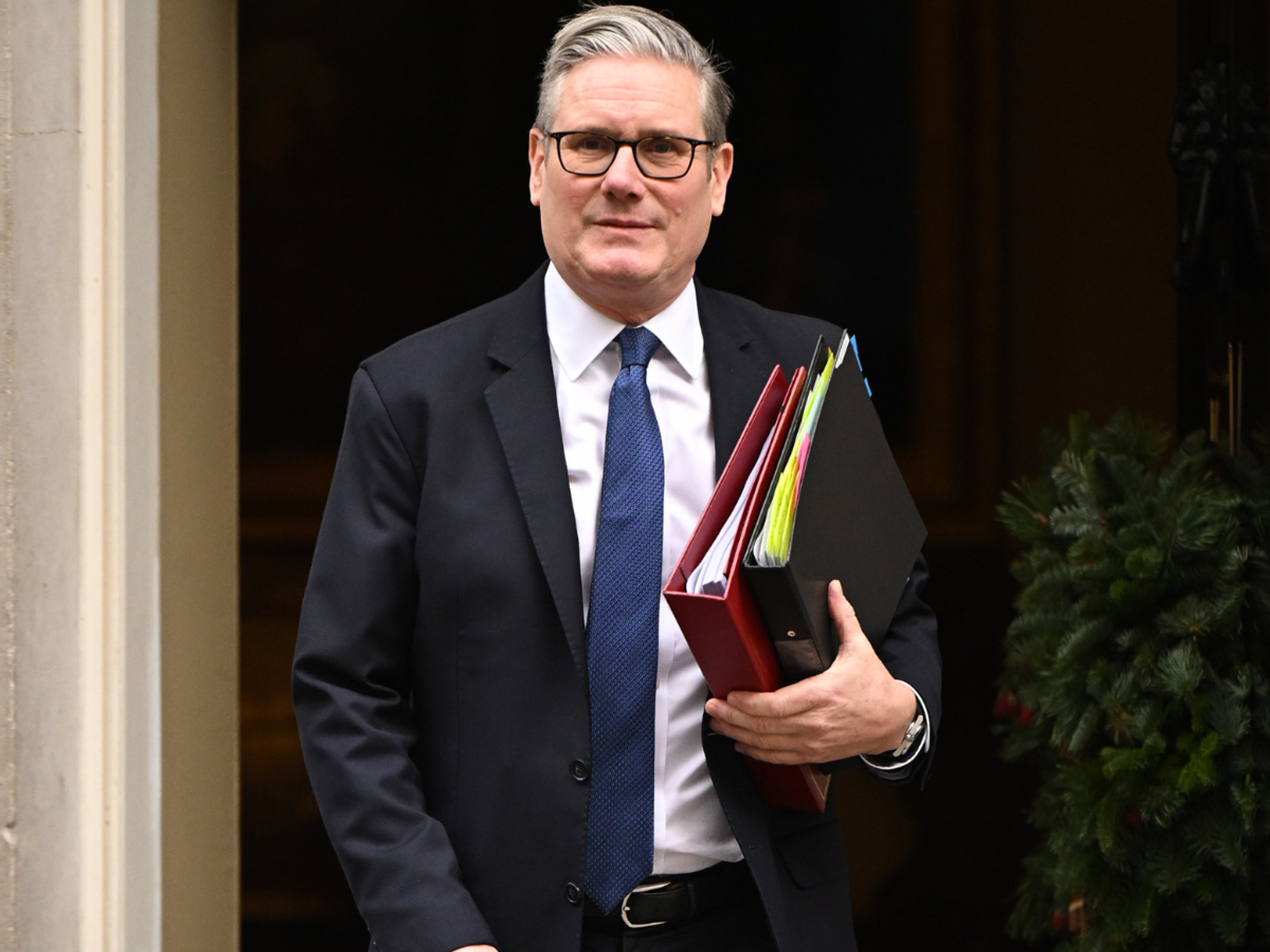Shelving social care implies a government unable to cope - Sir John Redwood

OPINION: Sorting out social care is a necessary part of helping the NHS to get waiting lists down says Sir John Redwood
Don't Miss
Most Read
The government is in search of a social care policy. The decision to delay tackling the problem and to try to find cross party agreement after lengthy study is worrying. It confirms the growing impression that the government does not have a vision of a better future. It is struggling with day to day management of a large, costly and underperforming public sector.
Its latest plans to lower NHS waiting lists seek to make it easier to get an appointment and suggests fewer appointments are necessary. Will this be embedded into action plans by each hospital; and surgery? Do the staff think it feasible? Why six months into government is there still no firm date for top management to deliver the promised 10 year NHS Plan? How come the first budget caused a major reduction in growth and more talk of jobs to go and cancelled investments when faster growth is central to the whole government approach?
Sorting out social care is a necessary part of helping the NHS to get waiting lists down and to reduce pressures on hard pressed hospitals and surgeries. Freeing beds in hospitals for urgent cases and operations requires a supply of good care home provision, or good personal social services available for people to be able to live in their own homes. Ensuring good back up and facilities cannot wait four years, but needs to be improved now.. Social care is largely organised by Councils, who need confidence in their grant settlement to do the job and who need to work closely with neighbouring authorities to ensure decent provision.

Keir Starmer faces pressure to reduce NHS waitlists.
|Getty Images
Much of the debate about social care between the main political parties this century has been about who pays for social care. Under the current system operated by all four main parties in office health care is free for all, but wider social care has to be paid for by the individuals if they have savings or an income over a threshold. Reformers think this unfair. The person who spends all their income when they are healthy and earning gets free care in old age, whilst the prudent who save or build up a decent pension will have to pay. Anyone owning a home will need to sell it to pay care home fees when they can no longer look after themselves.
Some say there should be some limit on the amount anyone is expected to pay if they are one of the minority facing a long end of life stay in a care home. Some want to find a way to protect a possible inheritance for the next generation. The alternative model to individuals with money paying would be a National Social Care Service mirroring the NHS with all such care provided free at the point of need. This has always been rejected as it would be a huge financial commitment for taxpayers to make. Compromise solutions entail more state support whilst leaving some part of the costs to the responsibility of the user.
It is a decision for government to make how much it wishes to take on by way of extra cost to relieve families. Looking at current budgets it is obvious why this government has shelved the issue again. It is part of why people are calling out for a statement from government of what things will get better and how.

Donald Trump has hit out at UK net zero policies.
|Getty Images
Mr Trump’s strong criticisms of the UK government for banning exploration and development of new gas and oil reserves in the UK hit hard at the failings of the UK government. Dear energy, industrial job losses, the closure of the steel industry, the bans on petrol, and diesel cars are all a central part of the UK government strategy to make the UK the leader in reducing its own CO 2 output. To Mr Trump these bans and taxes weaken the economy and defence capabilities of an important ally. They also make no sense as they require imports from elsewhere to shift the CO 2 produced to another country’s accounts. They end up with increasing total of world CO 2 with all the extra transport needed.
President Trump has put his finger on the wider point. The only part of the government’s vision which is clear and insistent is the relentless drive to a unilateral net zero for the UK, based on importing anything that creates a lot of CO 2 in its manufacture. This leaves a slower growing and weaker UK economy, less able to pay for the improvements and extra capacity our NHS and social care needs. The government apart from its green vision offers us managerialism. It suggests it can run the NHS, the railways, the Post Office and much else better. It promises 2% growth in spending each year matched by 2% productivity improvements without telling us how and when these can be delivered.
No wonder the government has dropped like a stone in the polls and faces a majority of the electorate who do not believe they can manage things better. I wish them well with improving the public sector and growing the economy faster, but think they need a major rethink. Shelving social care implies a government unable to cope. You cannot reform the NHS without having great social care. You cannot afford either properly without a growth strategy that works.








